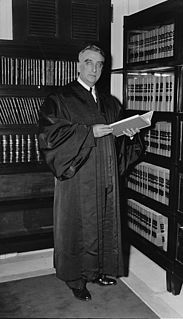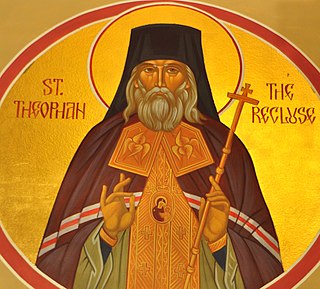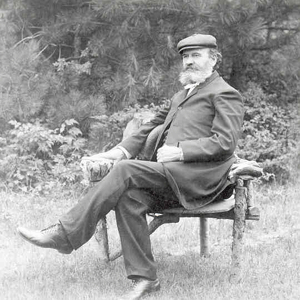A Quote by Percy Bysshe Shelley
A God made by man undoubtedly has need of man to make himself known to man.
Related Quotes
By His gracious condescension God became man and is called man for the sake of man and by exchanging His condition for ours revealed the power that elevates man to God through his love for God and brings God down to man because of His love for man. By this blessed inversion, man is made God by divinization and God is made man by hominization. For the Word of God and God wills always and in all things to accomplish the mystery of His embodiment.
For the essence of sin is man substituting himself for God [Gen. 3:1-7], while the essence of salvation is God substituting himself for man [2 Cor. 5:21]. Man asserts himself against God and puts himself where only God deserves to be; God sacrifices himself for man and puts himself where only man deserves to be.
Man is a fallen star till he is right with heaven: he is out of order with himself and all around him till he occupies his true place in relation to God. When he serves God, he has reached that point where he doth serve himself best, and enjoys himself most. It is man's honour, it is man's joy, it is man's heaven, to live unto God.
Man is indeed lost, but that does not mean that he is nothing. We must resist humanism, but to make a man a zero is not the right way to resist it ... [The] Christian position is that man is made in the image of God and even though he is now a sinner, he can do things that are tremendous - he can influence history for this life and the life to come, for himself and for others...From the biblical viewpoint, man is lost, but great.
The glory of God is the living man, but the life of man is the vision of God', says St. Irenaeus, getting to the heart of what happens when man meets God on the mountain in the wilderness. Ultimately, it is the very life of man, man himself as living righteously, that is the true worship of God, but life only becomes real life when it receives its form from looking toward God.
Technologically, modern man does everything he can do-he functions on this single boundary principle. Modern man, seeing himself as autonomous, with no personal-infinite God who has spoken, has no adequate universal to supply an adequate second boundary condition; and man being fallen is not only finite, but sinful. Thus man's pragmatically made choices have no reference point beyond human egotism. It is dog eat dog, man eat man, man eat nature.
When a man really gives up trying to make something out of himself - a saint, or a converted sinner, or a churchman (a so-called clerical somebody), a righteous or unrighteous man,...and throws himself into the arms of God...then he wakes with Christ in Gethsemane. That is faith, that is metanoia and it is thus that he becomes a man and Christian.
It appears to Nietzsche that the modern age has produced for imitation three types of man ... First, Rousseau's man, the Titan who raises himself ... and in his need calls upon holy nature. Then Goethe's man ... a spectator of the world ... Third Schopenhauer's man ... voluntarily takes upon himself the pain of telling the truth.





































